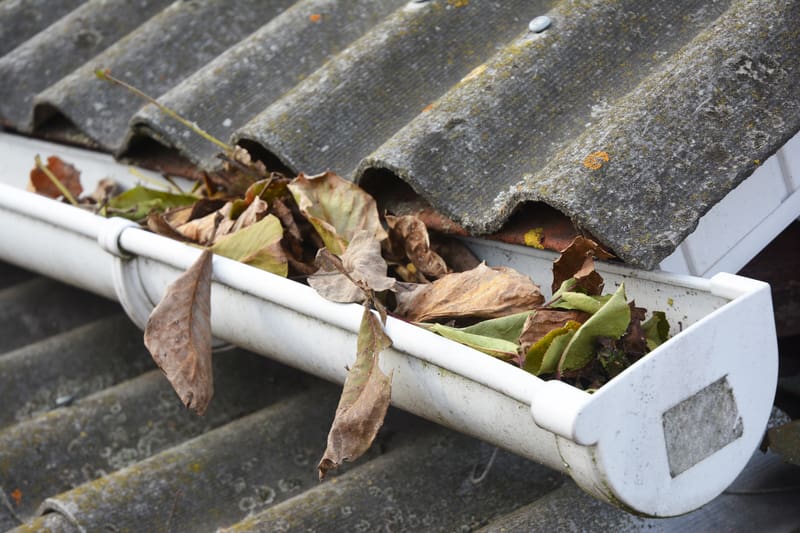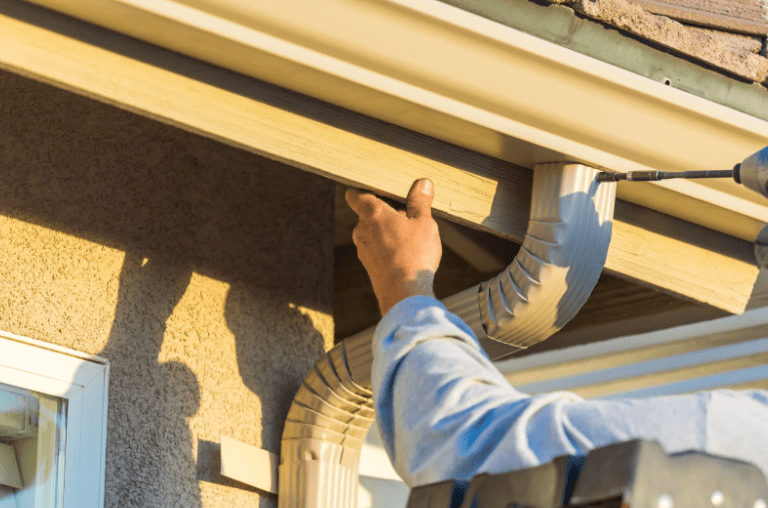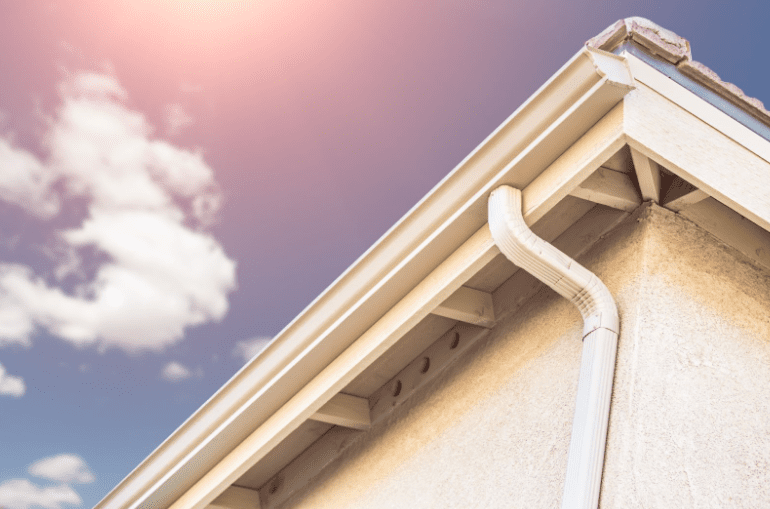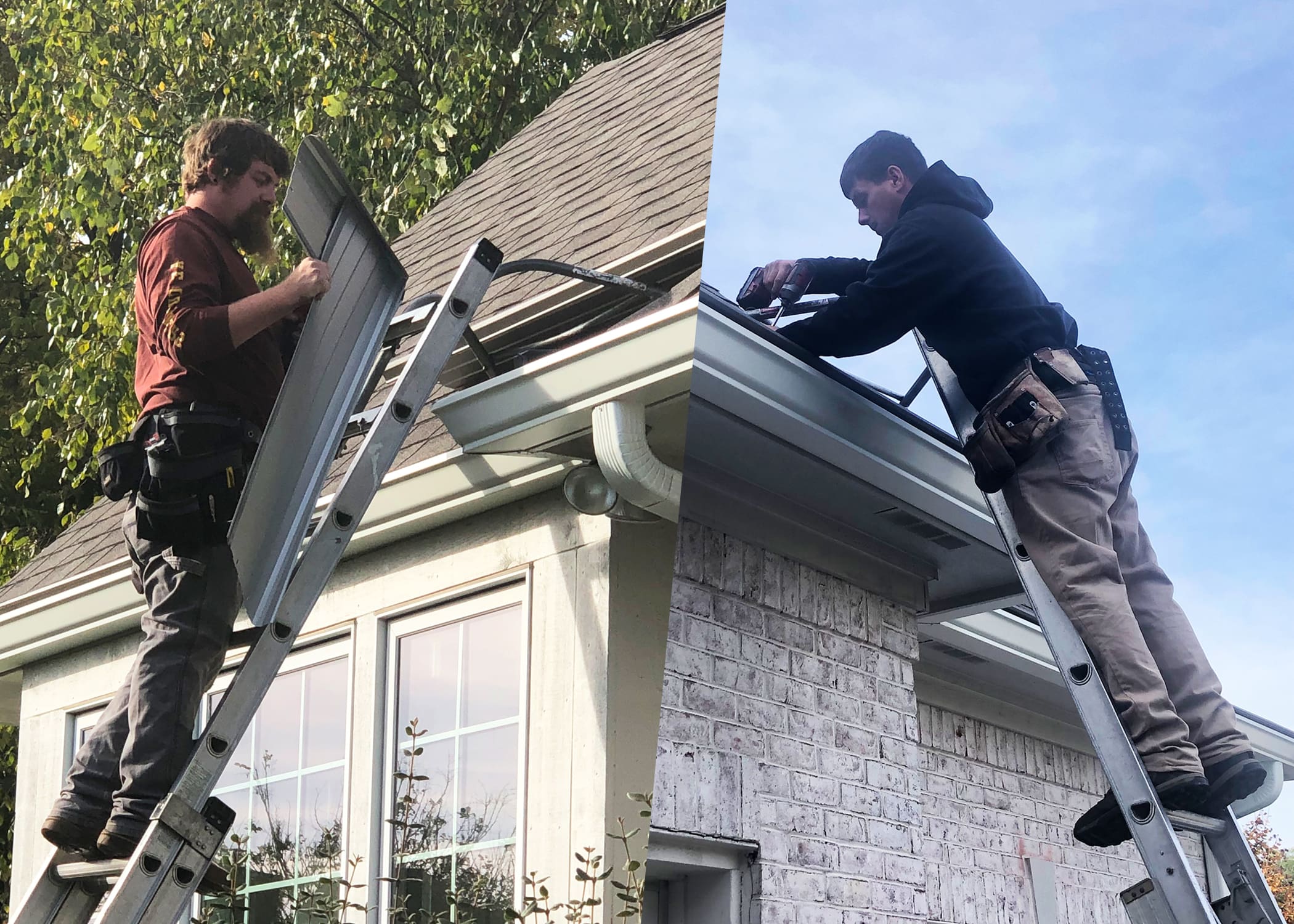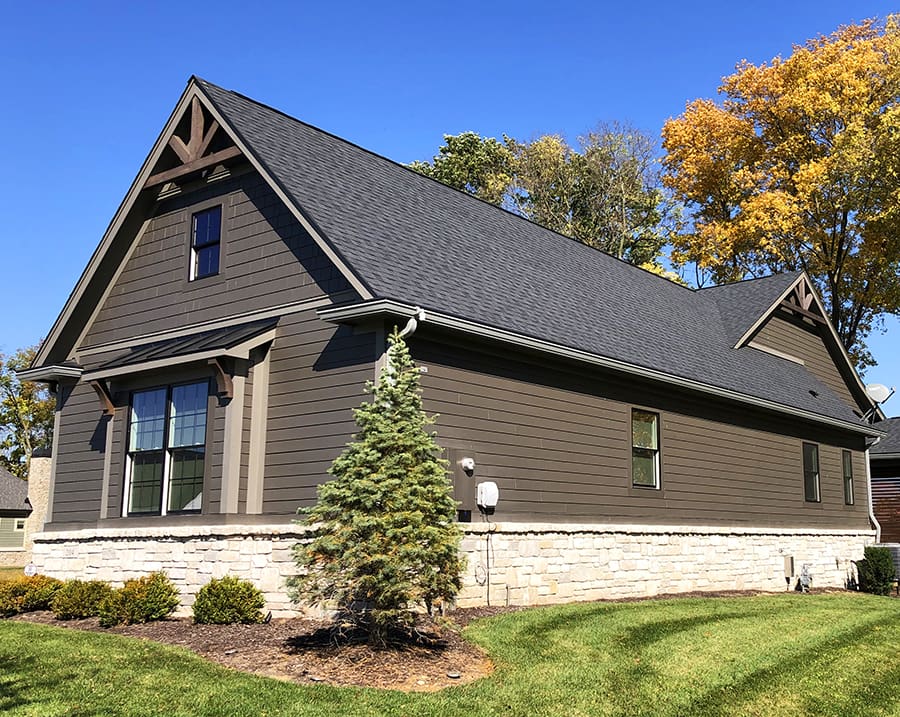Rain gutters play a crucial role in directing water away from our homes, protecting the foundation and preventing water damage. However, over time, rain gutters can succumb to corrosion, which can compromise their effectiveness and longevity. Corrosion on rain gutters can result from exposure to moisture, chemicals, and environmental factors. We will explore effective strategies for dealing with corrosion on rain gutters, ensuring their optimal performance and durability.
Regular Cleaning and Maintenance
Regular cleaning and maintenance are essential for preventing and addressing corrosion on rain gutters. Here are some effective strategies to consider:
Inspection
Regularly inspect your rain gutters to identify any signs of corrosion. Look for areas with rust, discoloration, or flaking paint. Early detection can help you take prompt action to prevent further damage.
Cleaning
Remove any debris, leaves, or dirt that may accumulate in your gutters. Clogged gutters can hold moisture, leading to corrosion. Use a gutter scoop or a garden hose to flush out the debris and ensure proper water flow.
Repair
Address any minor issues promptly, such as loose or damaged sections of gutters. Replace or repair corroded sections to prevent further deterioration. Apply a rust inhibitor or primer on the affected areas before painting.
Protective Coatings and Sealants
Applying protective coatings and sealants can provide an additional layer of defense against corrosion. Consider the following strategies:
Paint
Choose a high-quality, rust-resistant paint specifically designed for outdoor use. Clean the gutters thoroughly before applying the paint. Use a brush or a roller to ensure even coverage. A fresh coat of paint can protect the gutters from moisture and corrosion.
Sealants
Apply a silicone-based sealant to the joints and seams of your rain gutters. This will help prevent water infiltration and reduce the risk of corrosion in these vulnerable areas. Ensure the gutters are clean and dry before applying the sealant.
Material Selection and Upgrades
The choice of materials for rain gutters can significantly impact their resistance to corrosion. Consider the following strategies:
Aluminum:
Opt for aluminum rain gutters as they are highly resistant to corrosion. Aluminum gutters are lightweight, durable, and can withstand exposure to moisture and harsh weather conditions.
Stainless Steel:
Stainless steel gutters are another excellent choice for corrosion resistance. They are highly durable, low-maintenance, and provide long-lasting protection against rust and corrosion.
Proper Drainage and Water Management
Proper drainage and water management are crucial for preventing excess moisture and corrosion on rain gutters. Implement the following strategies:
Downspouts and Extensions:
Ensure your downspouts are directing water away from your home’s foundation. Install downspout extensions to carry water further away, preventing pooling near the gutters.
Slope and Position:
Ensure your rain gutters have a proper slope to facilitate water flow. Position the gutters in a way that promotes drainage and minimizes standing water, reducing the risk of corrosion.
Corrosion on rain gutters can lead to structural damage and compromise their functionality. By implementing the effective strategies discussed in this article, such as regular cleaning and maintenance, applying protective coatings and sealants, selecting corrosion-resistant materials, and managing water properly, you can extend the lifespan of your rain gutters and maintain their optimal performance. Protecting your rain gutters from corrosion is essential for safeguarding your home from water damage and ensuring long-term durability.
Take proactive steps to protect your rain gutters from corrosion and ensure the longevity of your home’s foundation. Contact our experienced team todayfor expert advice and reliable solutions to safeguard your gutters.

